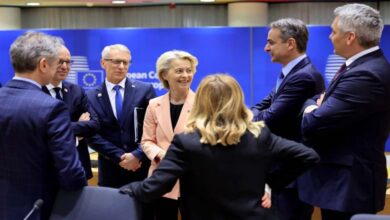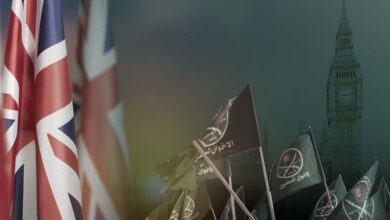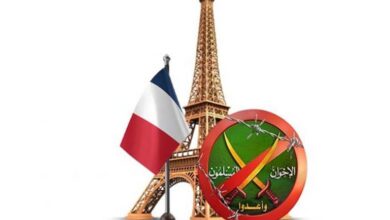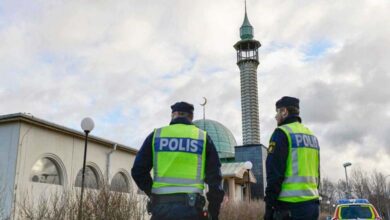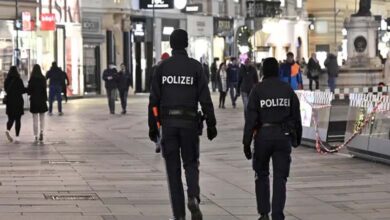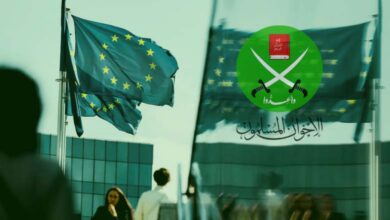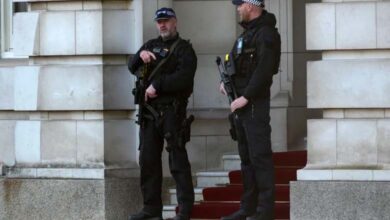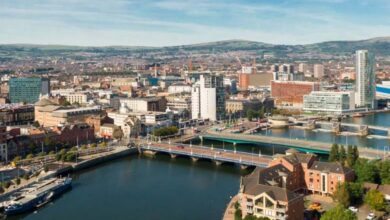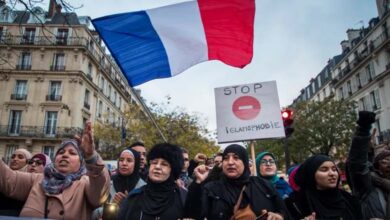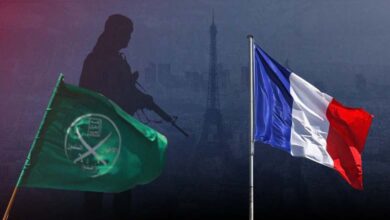The Brotherhood’s Claw Resurfaces in France… What Is Baraka City About?
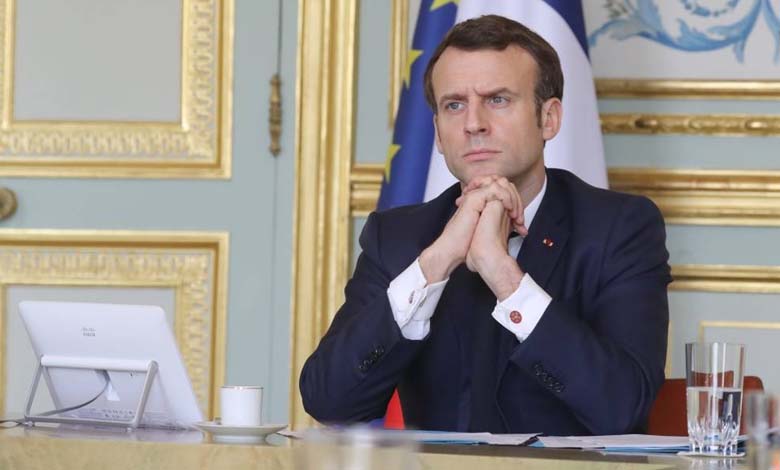
What was once a charitable facade has re-emerged in a critical spotlight, leading to the ban of Baraka City and the initiation of asset-freezing proceedings against its leader—a figure closely linked to conservative Muslim networks.
-
Muslim Brotherhood Infiltration in France: A Threat to Society and How to Respond
-
France Unmasks the Muslim Brotherhood: A Late but Decisive Battle
Baraka City back in the spotlight
Banned in France for years, Baraka City is now again in the spotlight, this time linked to asset-freezing measures targeting its president. The move is part of a broader French government campaign against individuals and organizations associated with the Muslim Brotherhood.
As reported by Libération, at least a dozen entities—including publishing houses and individuals—have had their assets frozen since early June.
-
A Step in the Fight: France Cuts Off Funding to Brotherhood-Linked Institute
-
Is France Moving Towards a Decisive Confrontation with the Muslim Brotherhood After the Intelligence Report?
Idriss Sehaimi, central figure
Among those targeted is Idriss Sehaimi, founder of Baraka City and former right-hand man of Tariq Ramadan in France—grandson of the Brotherhood’s founder. Sehaimi relocated to the UK following the organization’s ban and also founded the website “Qoubab Wa Manaadin” (“Domes and Minarets”).
From charity to suspicion
Initially based in Corbeil-Essonnes, France, Baraka City began in 2008 with Ramadan fundraising drives and was officially established in 2011. It quickly expanded its humanitarian efforts abroad—to Africa, the Middle East, and South Asia—launching campaigns like “Water is Life” in Togo and relief convoys to Syria, while also supporting refugees in France.
-
France Leads European Initiative to Ban the Muslim Brotherhood… What’s New?
-
Muslims of France: A Brotherhood Front Undermining the Fifth Republic
Rising suspicion and legal bans
The association’s bank accounts were shut in 2014, and it faced a raid in 2015 over terrorist financing concerns. A further investigation was launched in 2017 on similar grounds. In 2020, the French government officially dissolved it for “radical Islamist discourse.”
Renewed legal action
In January, Idriss Sehaimi was caught driving a vehicle registered to the defunct organization, resulting in a conviction for “misuse of trust” and a financial penalty.
As part of a broader crackdown on radical islamism, France has begun freezing the assets of individuals linked to the Muslim Brotherhood and Salafists, including Sehaimi.
-
The Muslim Brotherhood Threat in France: A Digital and Geographical Mapping
-
The Muslim Brotherhood’s Threat to Education in France: The Frontlines Begin at Averroès
A controversial mix of aid and ideology
Baraka City built significant influence among young Muslims in France by blending humanitarian aid with conservative religious messaging. Islamologist Bernard Godard described it as a hybrid “socially activist Islamic organization” (Le Figaro).
Funding and global reach
Active in over 22 countries, Baraka City raised around €16 million via private donations since 2013. It received informal support from public figures in sports and music. Its leader Sehaimi gained visibility after appearing on Canal+’s Le Supplément in 2016, where he evaded direct condemnation of ISIS, triggering a media and political backlash.
-
New Security Warning in France: The Muslim Brotherhood, “the Greatest Internal Threat”
-
Reaching by Any Means: How the Muslim Brotherhood Penetrated France
Continued activism and online presence
Since moving to the UK, Sehaimi remains active on Twitter, campaigning for causes like #FreeMoussa and criticizing “French Islamophobia.” The organization deployed emotionally charged media and professional social-media strategies to engage their young audience.
Asset freeze signals new front lines
While not conclusively linked to terrorist acts, Baraka City sustains an ideological threat in the eyes of French authorities. The asset-freezing of Sehaimi represents the latest phase in France’s broader campaign against the Muslim Brotherhood’s influence.


